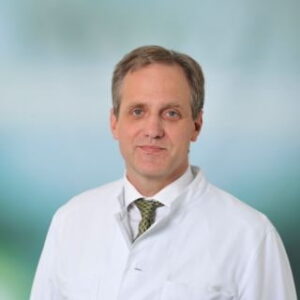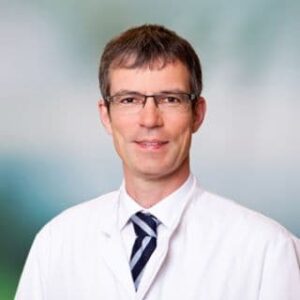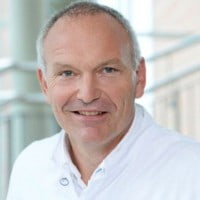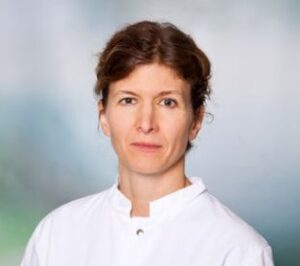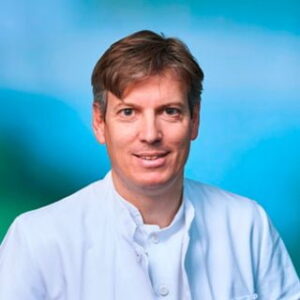 Asklepios Nord Heidberg
Asklepios Nord Heidberg
About the clinic
More than 40% of all hospital beds in Hamburg belong to the Asklepios group, and over half of all surgical procedures are performed in one of the central emergency departments of the hospital.
In 2011, Asklepios Nord Heidberg upgraded its operating theaters. The highlight of its technical equipment is high-performance intraoperative MRI.
The high quality of medical care is confirmed by CERTKOM and DIN EN ISO 9001:2015 certifications, as well as by the FOCUS magazine ranking, which included Asklepios Nord Heidberg among the top German hospitals in 2018.
As one of the largest hospitals in the region, Asklepios Nord Heidberg provides a wide range of inpatient and outpatient diagnostic and therapeutic services. The key specialties include oncology, neurosurgery, gastroenterology, and ophthalmology.
The Head of the Neurosurgery Department, Dr. Paul Kremer, and his team primarily use minimally invasive and endoscopic techniques through incisions as small as 0.5 cm to treat benign and malignant brain tumors, as well as secondary metastases. With the help of computer-assisted navigation, neurosurgeons can operate within neural tissue with millimeter precision, which is crucial in cases of vascular anomalies (aneurysms, angiomas, cavernomas) in confined spaces. At the same time, intraoperative neuromonitoring helps prevent complications by continuously monitoring the brain, spinal cord, and cranial nerves during surgery.
The Oncology Department integrates nearly all related therapeutic specialties, particularly hematology. It is equipped with all modern treatment modalities, from surgery to radiotherapy and immunotherapy. Treatment decisions are made by physicians at multidisciplinary tumor boards, with each case assessed individually.
The Ophthalmology Department focuses on age-related eye conditions such as macular degeneration, cataracts, glaucoma, as well as inflammatory and traumatic injuries. As the largest ophthalmology center in Northern Germany, it conducts its own research on age-related macular degeneration and offers patients an innovative treatment method for the wet form of AMD — a course of targeted intravitreal injections designed to slow disease progression.
Clinical specialties
- Orthopedics and traumatology
- Urology
- Reproductive Medicine
- Gynecology and mammology
- Ophthalmology
- Plastic surgery
- Examinations and Check-up
- Organ transplantation
- Pulmonology
- Neurology
- Oncology
- Dermatology
- Neurosurgery
- Pediatric oncology
- Autoimmune Diseases
- Gastroenterology
- Pediatrics
- Cardiology, cardiac surgery
- Endocrinology



